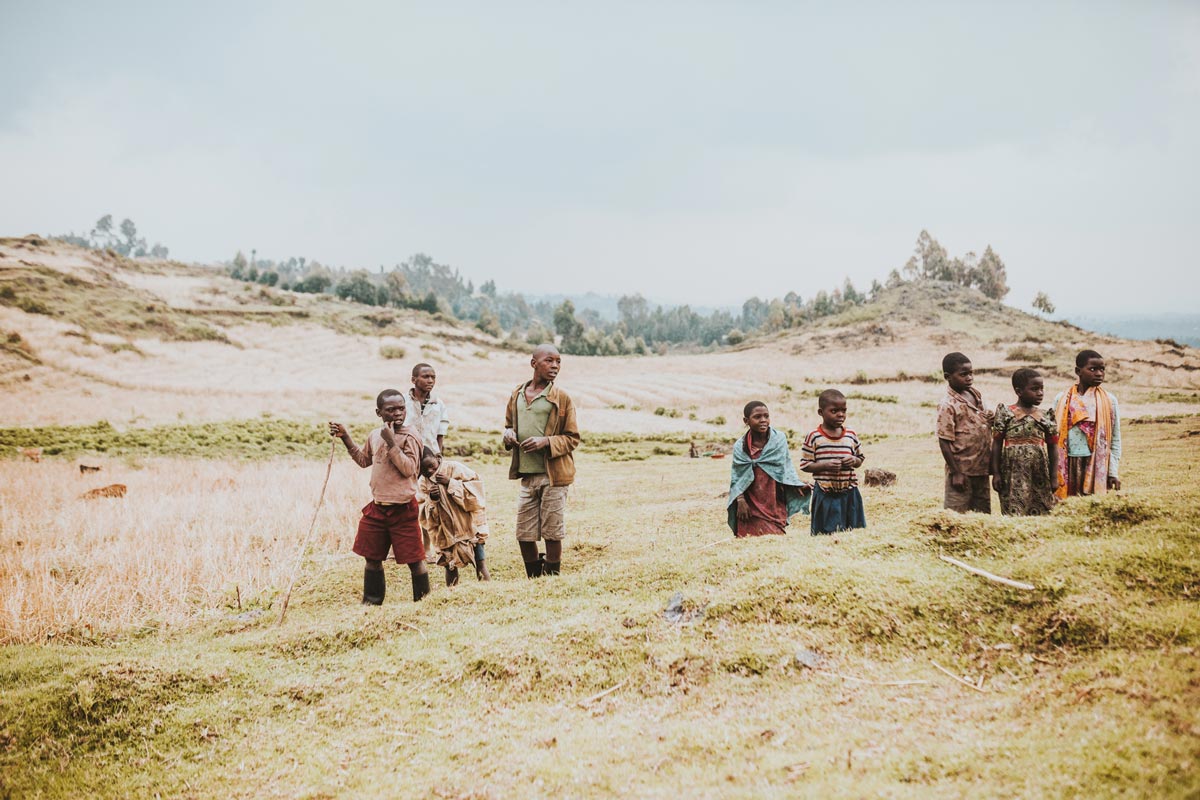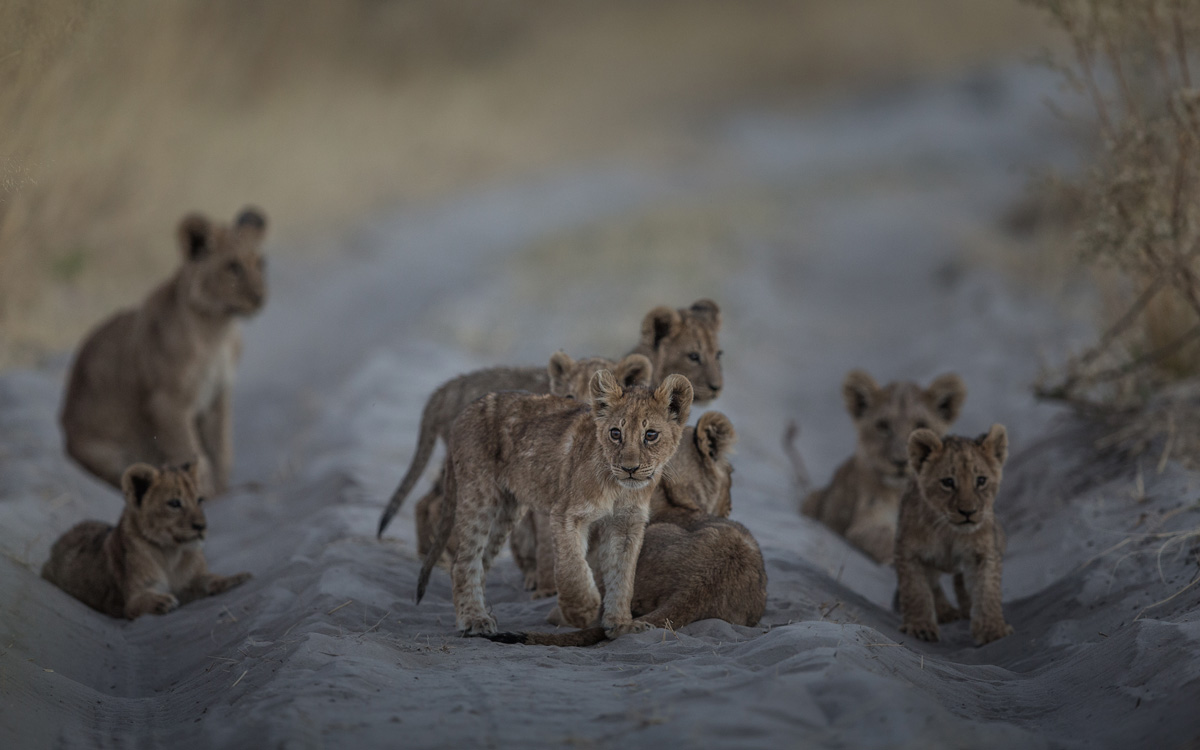Big Life is dedicated to protecting over 1.6 million acres of wilderness in the Amboseli-Tsavo-Kilimanjaro ecosystem of East Africa, by working together with local communities to implement conservation strategies that protect nature in a way that benefits both people and wildlife.
Human-wildlife conflict is one of the primary threats faced by people and wildlife in this ecosystem. Our wilderness areas are disappearing as a result of rapidly increasing human development, which has led to an increase in the competition for space between wildlife and local communities in wilderness areas like the Amboseli-Tsavo-Kilimanjaro ecosystem. As a result, humans and wildlife are living in closer proximity than ever before, causing an increase in human-wildlife conflict.
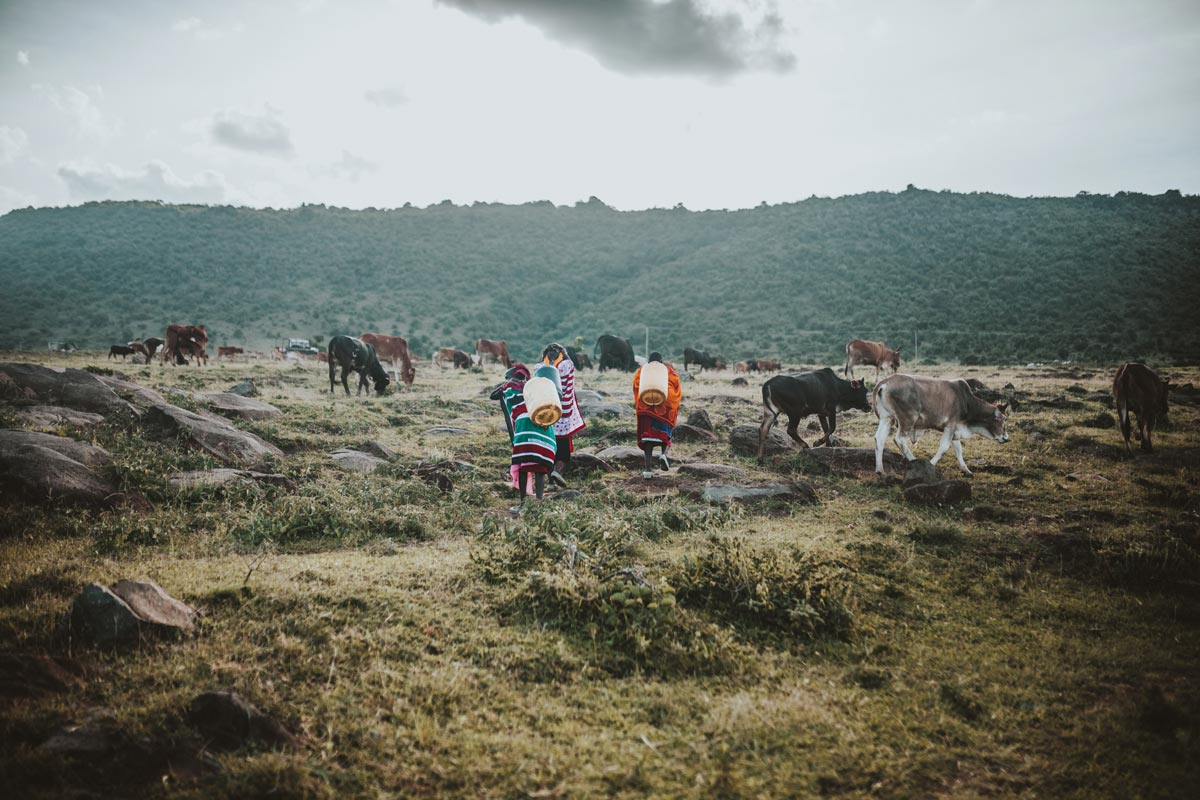
Human-wildlife conflict is an incredibly complex issue. An elephant crop-raiding or a pride of lions killing community livestock can have devastating effects on the survival of people in this area, who are dependent on subsistence farming to provide for themselves and their families. These types of incidences can often lead to retaliation attacks that threaten endangered wildlife species.
Big Life established their Predator Protection Program
to help protect predators, such as lions, in areas that are vulnerable to human-wildlife conflict. One of the core components of Big Life’s Predator Protection Program is livestock compensation, which reduces the motivation for retaliatory killing in response to livestock depredation.
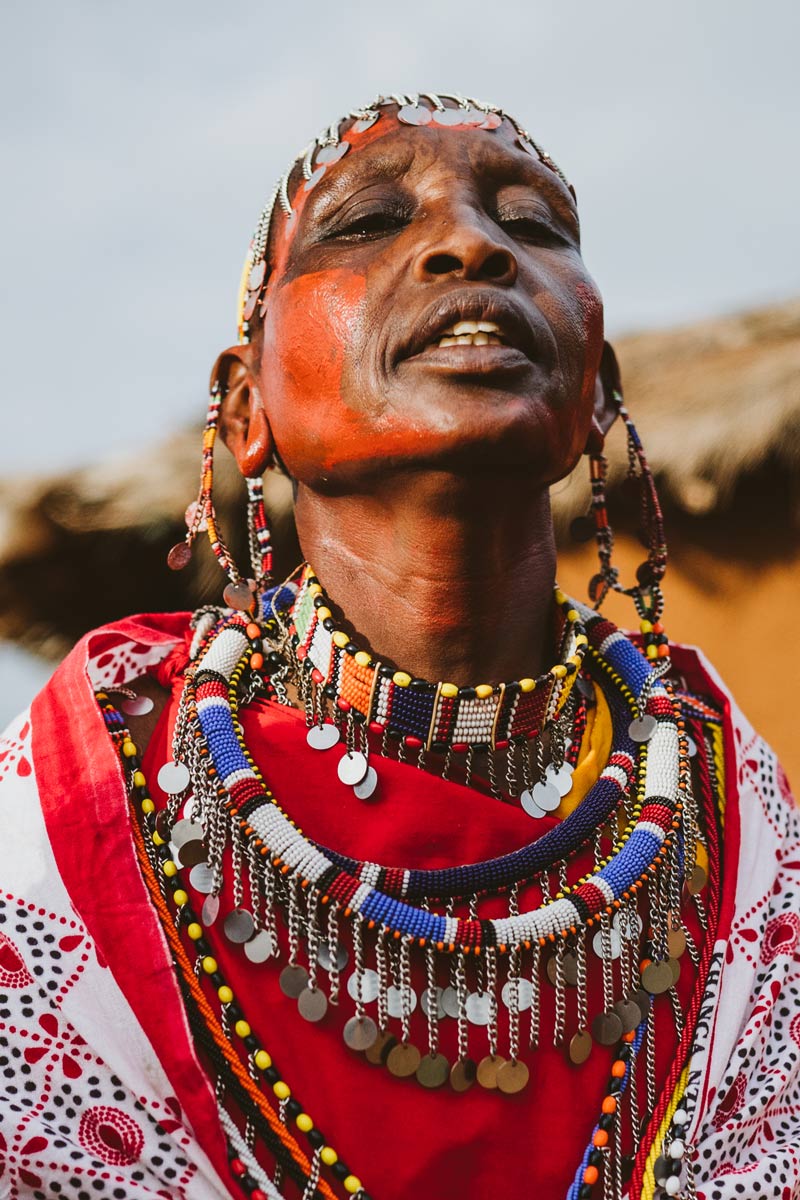
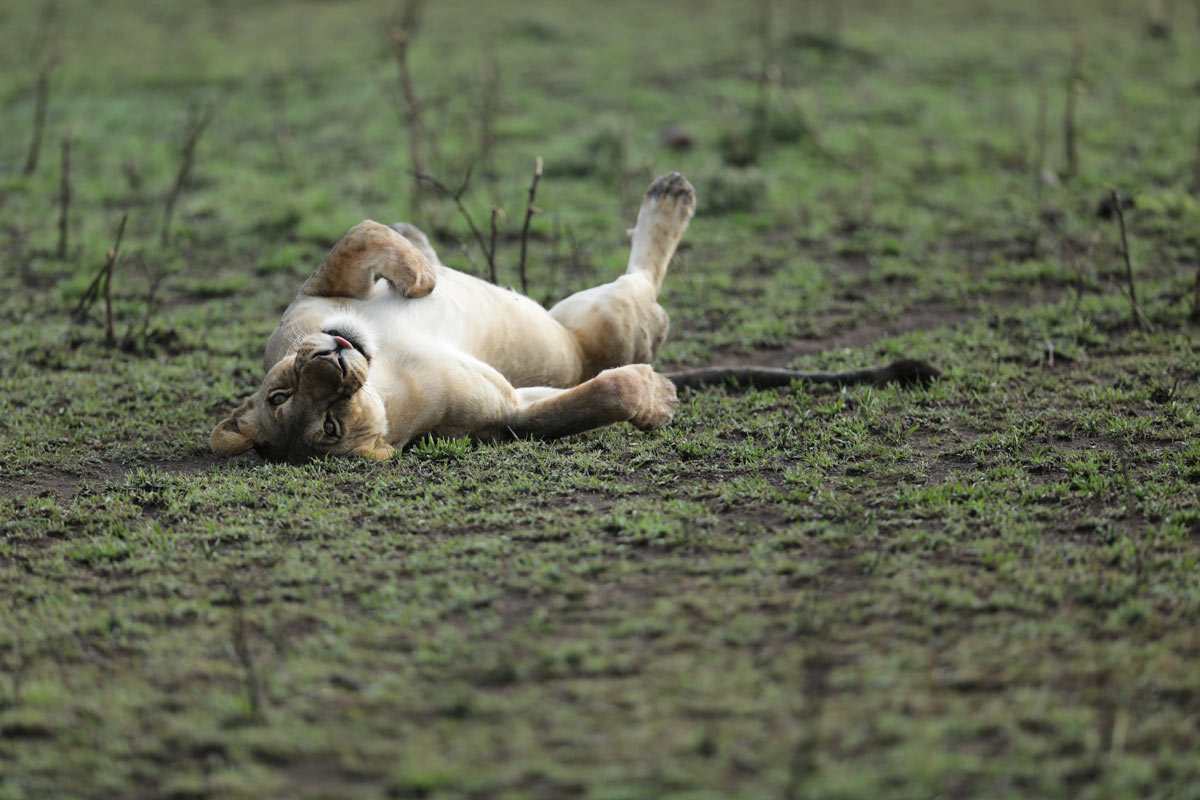
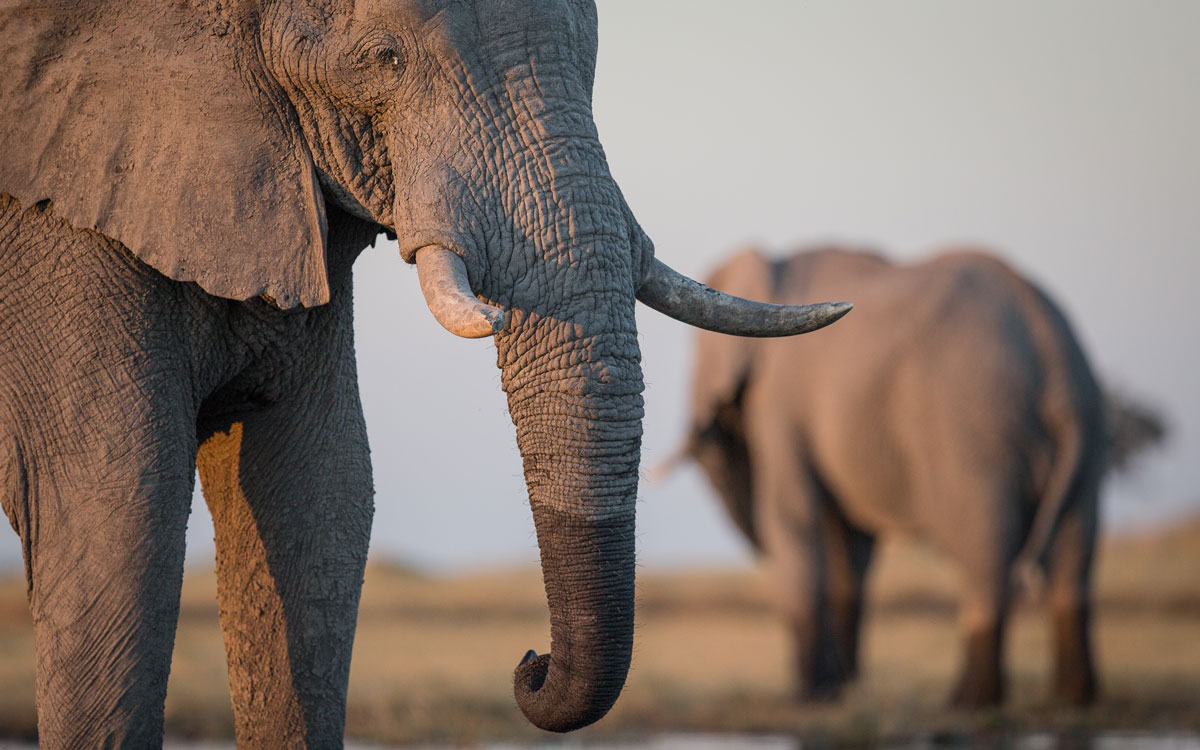
The Predator Compensation Fund (PCF) pays Maasai livestock owners a portion of the value of their livestock lost to predators, on the condition that no predators are killed in retaliation.
Our Black Bean team joined the Big Life team as they visited a local community to investigate a reported incident of livestock depredation. Once the Big Life team is called out or notified of an incident like this, they conduct a thorough investigation into the incident to confirm that the livestock was definitely killed by a wild predator and that no retaliation methods have been put in place to harm the predator. If Big Life finds evidence of a retaliation attack, no funds will be given to compensate for the loss of the livestock.
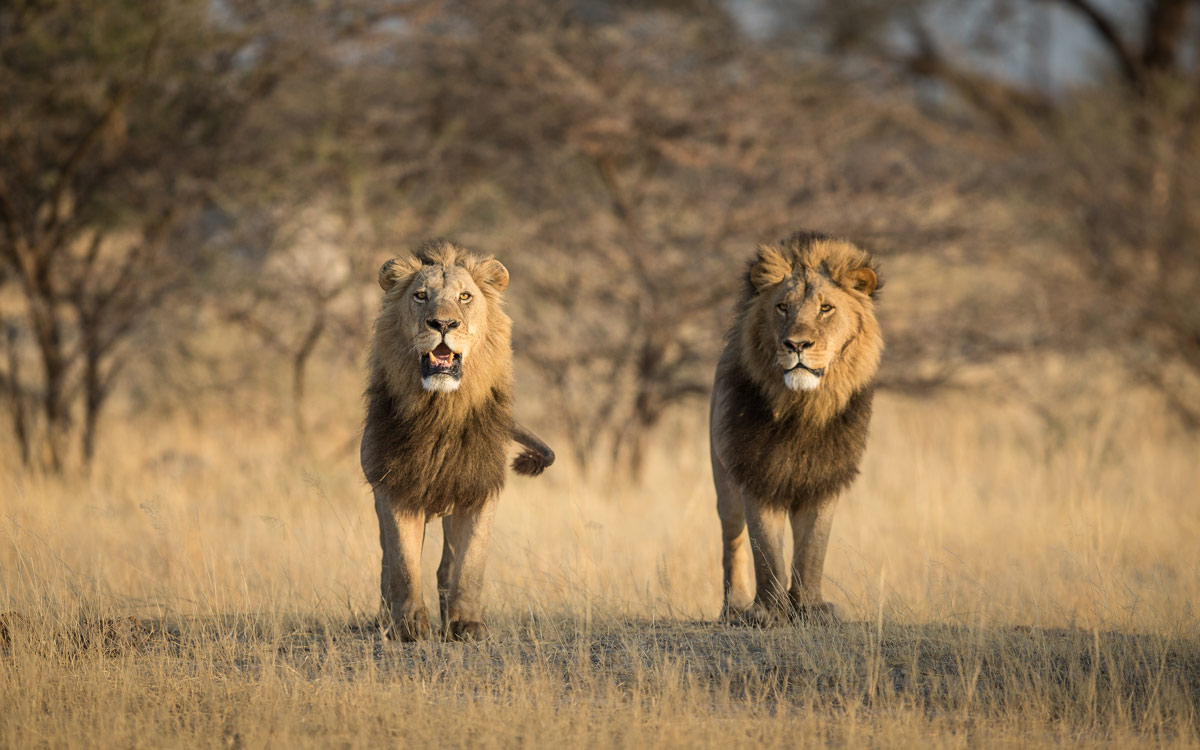
Lion populations in the area in which Big Life operates are increasing. They are one of the few lion populations in all of Africa that are increasing rather than declining, which shows that the work Big Life is doing is successfully helping to protect wildlife populations.
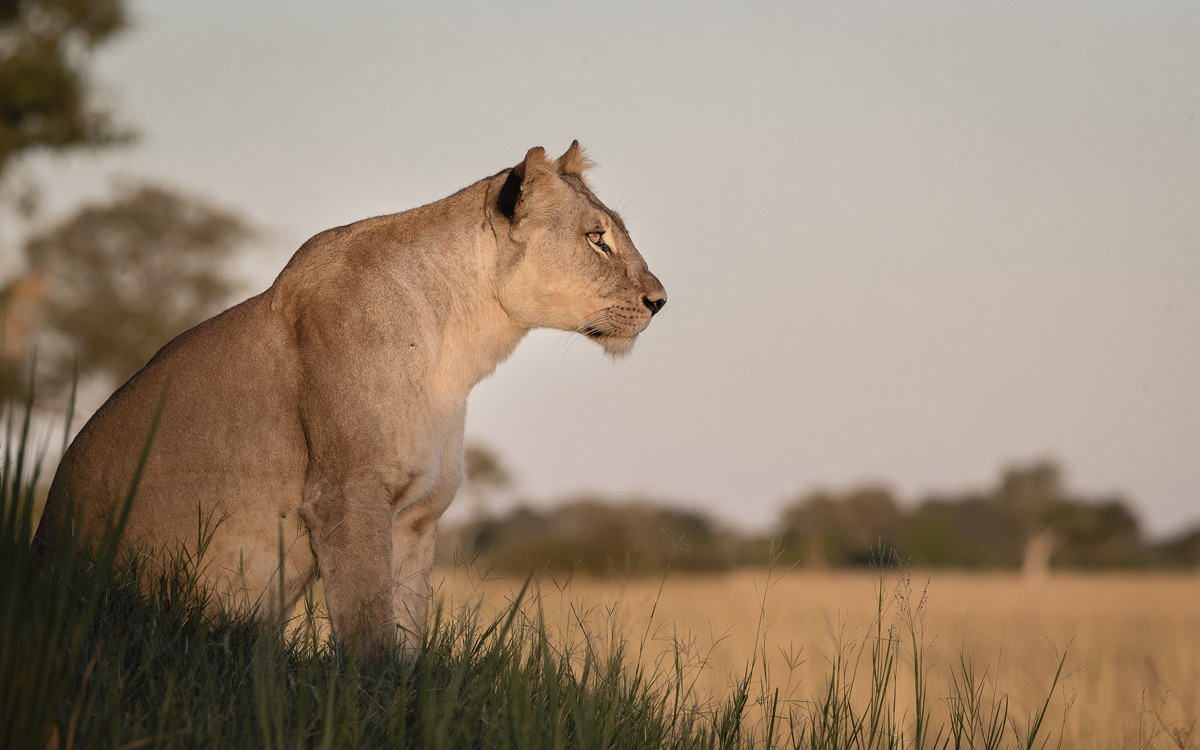
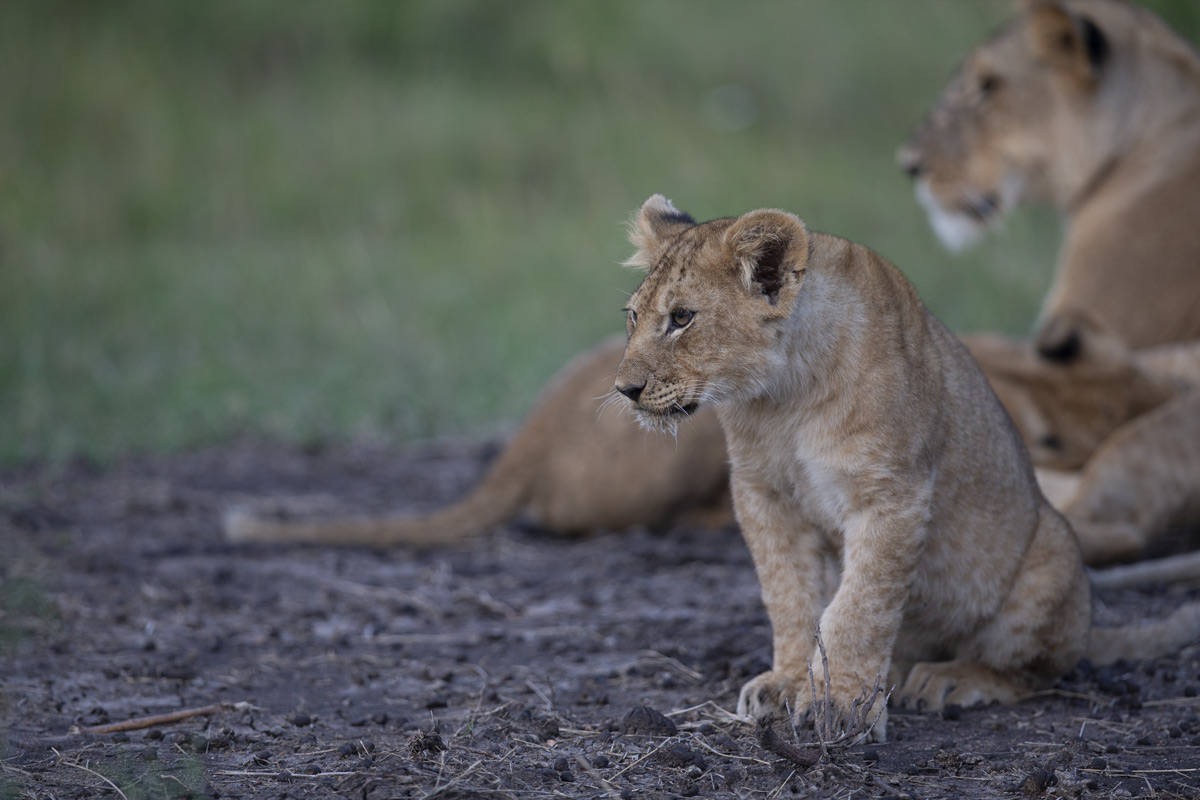
Community-based conservation initiatives like the PCF have been crucial to Big Life’s success. By working together with local Maasai tribes, Big Life has been able to implement strategies that promote the co-existence of people and wildlife in the Amboseli-Tsavo-Kilimanjaro ecosystem.
Big Life currently manages the PCF on the Mbirikani Group Ranch and the Eselengei Group Ranch in the Amboseli-Tsavo-Kilimanjaro ecosystem and is actively expanding to other conservancies with the goal of expanding the PCF across the entire ecosystem.
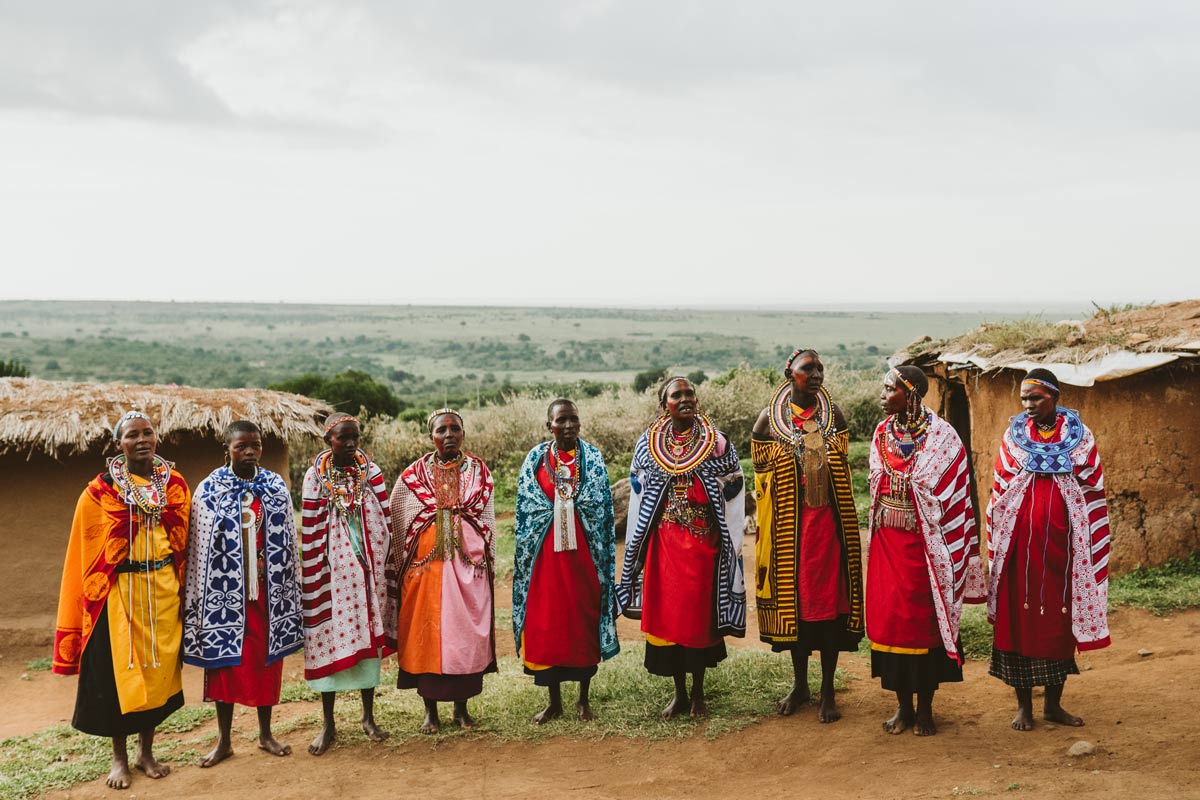
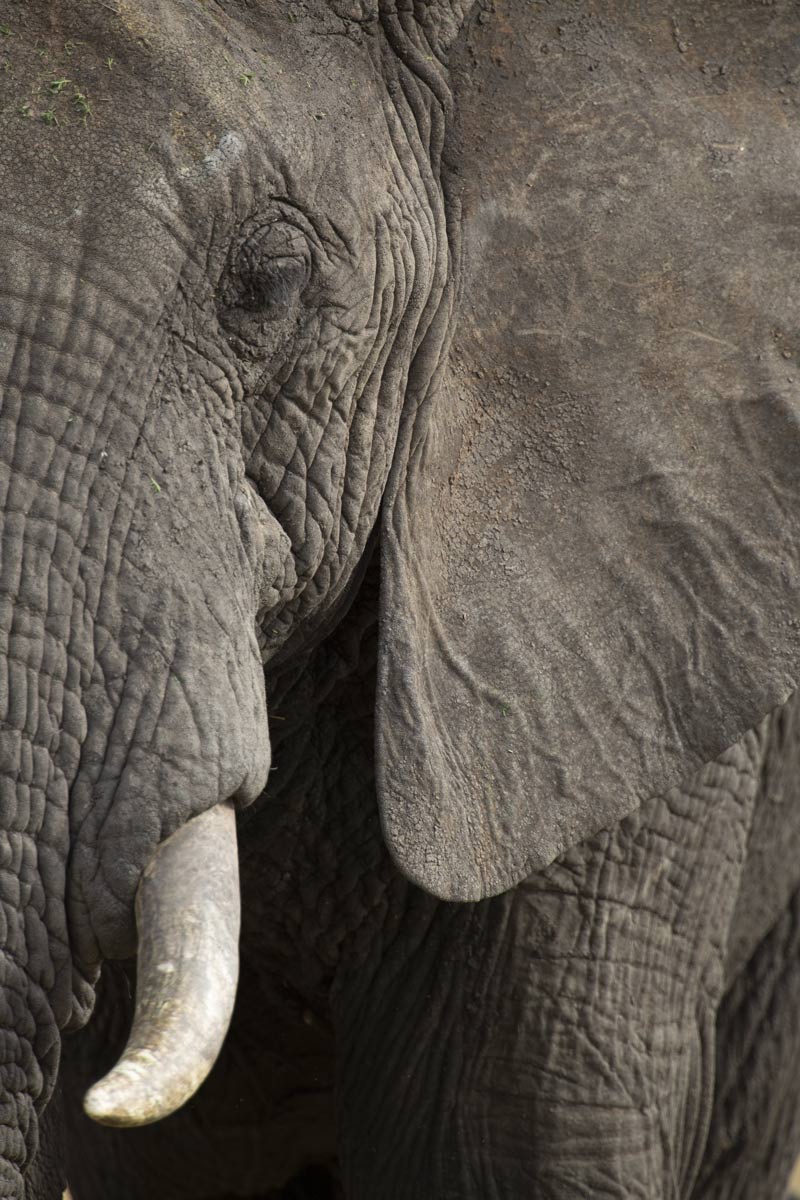
By supporting the work Big Life is doing, we can help them reach this goal and contribute towards the protection of wildlife and wildness areas.
